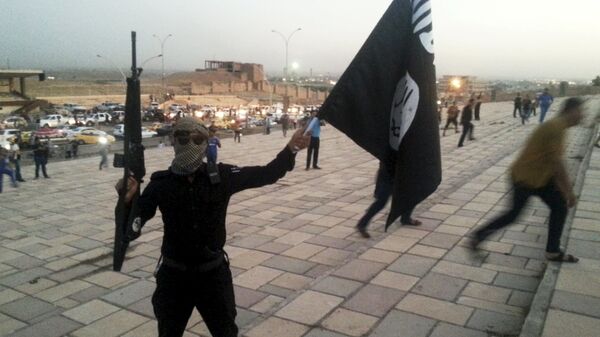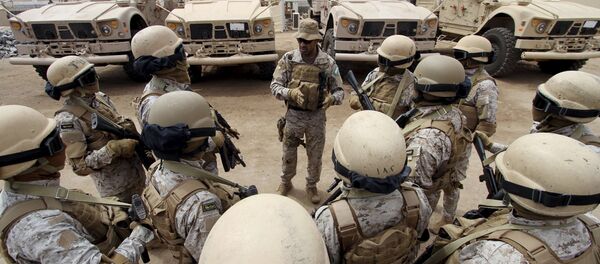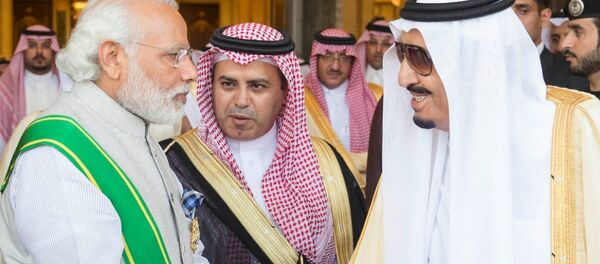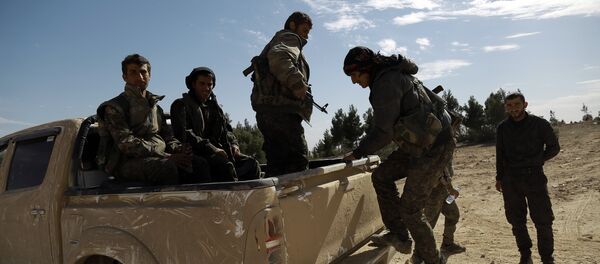The normally strong alliance between Washington and Riyadh has become increasingly rocky over the past year. At the top of a growing list of differences is the conflict in Syria. While the kingdom has pushed for the ousting of Syrian President Bashar al-Assad, the US, changing its policy toward the embattled Syrian President 180 degrees, has been working alongside Russia to negotiate a peace deal.
But the US has also proven itself largely unwilling to commit ground troops to fight Daesh on the ground, and has long considered the involvement of Middle Eastern allies, including Saudi Arabia, to be a crucial part of its anti-terror strategy.
US Defense Secretary Ashton Carter will meet with Saudi Defense Minister Mohammad Bin Salman al Saud in Riyadh later this month. At the top of the agenda is the fight against Daesh in Syria and Iraq.
"We’ve got to get these guys beaten and as soon as possible," Carter said during a speech at the Center for Strategic and International Studies on Tuesday. "We’re looking for opportunities to do more."
But Carter could have an uncomfortable stay. US officials speaking to Bloomberg say that the Saudi defense minister feels slighted after Carter failed to promptly return a phone call in February.
President Barack Obama’s recent interview in The Atlantic doesn’t help matters. During a series of unusually candid conversations, the President said that the Saudi government was a "free rider," and that he had no interest in supporting Riyadh at the expense of the broader Middle East.
"An approach that said to our friends 'You are right, Iran is the source of all problems, and we will support you in dealing with Iran' would essentially mean that, as these sectarian conflicts continue to rage and our Gulf partners, our traditional friends, do not have the ability to put out the flames on their own, and would mean that we have to start coming in and using our military power to settle scores," he said.
In response to this article, Turki al-Faisal, a senior Saudi prince, wrote an open letter to the President, published in the Arab News.
"No, Mr. Obama. We are not the 'free rider'…to whom you refer," al-Faisal wrote. "We lead from the front and we accept our mistakes and rectify them."
"Obama’s comments on sharing the neighborhood are interpreted very clearly in Saudi Arabia as Iranian power has to increase and Saudi power has to diminish," said Jon Alterman, director of the Middle East program at CSIS, according to Bloomberg.
"For the Saudis, they see that they have to continue fighting Iran, just from a weaker position."
Of course, it may be too late for a US-Saudi reconciliation. On Tuesday, the Financial Times noted that Riyadh is beginning to turn to Russia.
"Alliances of convenience are hardly new to the Middle East. The will to power of entrenched regimes often coexists with pragmatism, making strange bedfellows of sworn enemies," the article read.
"[The] Saudis seem to have decided to work with Moscow, in the belief that it can influence Tehran."





